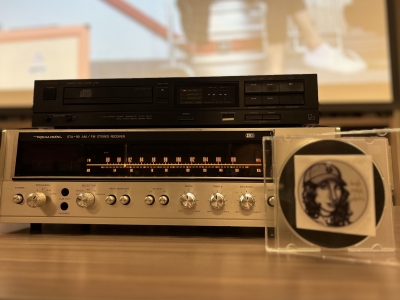What if you gained weight or started exercising less, and your insurance was raised because your habits were broadcast by your wearables? Or what if you were arrested because an algorithm determined you might be at risk of committing a crime in the future?
These are the types of issues Tracey Lauriault pays attention to, and the kinds of concerns that inform her work.
“These [scenarios] are currently happening,” says Lauriault. “Data about you are shared with organizations with whom you do not have a relationship.”
Lauriault analyses administrative data, survey data (censuses), geospatial data (maps), open data, and big data. Much of her research revolves around the central question: “How can we live better in a data-based era?”
For example, many app developers will push for access to data—like GPS feeds from buses so they can predict when the next bus will come. But Lauriault says these developers aren’t interested in who can afford the bus or if transit users can get where they need to go—nor are they necessarily interested in improving that city’s transit system.
But in the right hands, she says, the data can also be used this way. Open data can facilitate evidence-based planning and decision-making, and Lauriault promotes this idea within civil society organizations, academic institutions, and government.
One of her current undertakings, part of “The Programmable City” project, uses data to calculate and track homelessness in Ottawa, Dublin and Boston. She analyses the data trails these individuals leave behind in shelter intakes, street counts, and case management systems.
Lauriault’s projects cover a wide range of subject areas, and as part of her research she works closely with mathematicians, engineers, researchers, policy analysts, and app developers.
Ultimately, Lauriault studies data in order to understand their power, their social shaping qualities, and the many stories they can tell.
Tuesday, January 31, 2017 in Research Profiles, Research Profiles Active
Share: Twitter, Facebook



